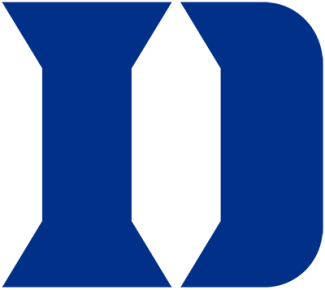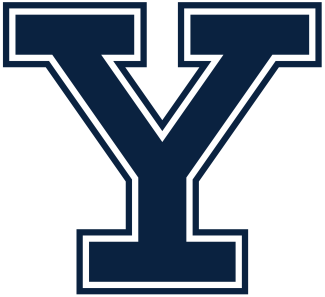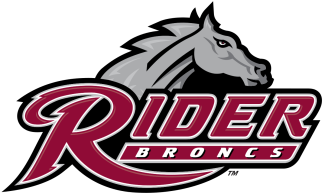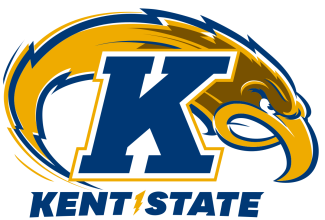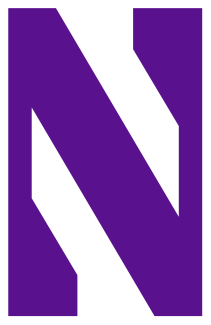Hofstra has a shot
What’s different about Hofstra during a 5-0 start that includes a victory at North Carolina last weekend? Start with the most obvious key to success.
The Pride are shooting 35 percent, good for eighth in the country. Last year, Hofstra was 35th nationally at 27.8 percent. In 2015, it was a meager 25.5 percent. The last time it shot better than 30 percent for a full season was 2011, not-so-coincidentally the last time Hofstra reached the NCAA tournament.
“We’re placing an emphasis on what is really, really important during a game, and shooting happens to be at the top of that list,” coach Seth Tierney said. “If that’s really important, how do we negotiate and use our free time to work on shooting? Let’s understand what goes into shot selection, and that there are guys on our team that are better finishers than other guys. Let’s try to get those guys shots from where they’re comfortable.”
Look down the lineup, and Hofstra is clearly creating good opportunities for its best players. Josh Byrne (16 goals, 11 assists) is shooting 51.6 percent. Freshman Ryan Tierney, Seth’s son, has connected on 12 of his 30 shots. And Brendan Kavanagh is 10-for-27 (37.0 percent) through five games.
Crisp shooting isn’t the only reason the Pride already own victories over Princeton and North Carolina. Goalie Jack Concannon has stopped 60.6 percent of the shots on goal he’s seen, and Hofstra is averaging just 9.6 turnovers per game (fewer than everyone in Division I besides Johns Hopkins).
Shooting, then, is the beginning of Hofstra’s early success, but not its end. A roster that’s remained healthy so far plays a role, too, but the buy-in matters even more.
“You have to have six guys that are dangerous in Division I,” Tierney said. “It’s not just being lucky and throwing it in the goal.”
Watching the wins
John Danowski became the winningest coach in Division I history when Duke upended Jacksonville 13-6. His 376th career triumph moved him past former Brown and Virginia coach Dom Starsia atop the all-time list.
Danowski isn’t the only coach in that neighborhood. Denver’s Bill Tierney sits at 373 career victories after the Pioneers’ 11-10 defeat of Notre Dame on Sunday.
It’s unlikely anyone joins them in that neighborhood, especially with both fielding national championship contenders on a regular basis. Only three other active coaches are within 100 triumphs of Danowski: Bryant’s Mike Pressler (344), Delaware’s Bob Shillinglaw (332) and Notre Dame’s Kevin Corrigan (289). Shillinglaw has already announced his retirement, effective at the end of the season.
Next on the list is Syracuse’s John Desko, who with 227 victories would have to average 15 victories over 10 seasons simply to match where Danowski is now.
Terriers learn quick
Only five undefeated teams remain in Division I, with three (Ohio State, Penn State and Rutgers) out of the Big Ten joining Hofstra in that group. But the most fascinating team of the bunch might be Boston University, which in only its fourth season is 7-0 and a credible Patriot League contender after early victories at Navy and Colgate.
The Terriers, who play host to Bucknell on Saturday, have the benefit of both an efficient offense (34.9 shooting percentage) and a miserly defense anchored by goalie Christian Carson-Banister (67.4 save percentage). That they’ve done this without senior faceoff ace Sam Talkow, who ranked third in the country last year by winning 69.5 percent of his draws, adds to the impressiveness.
Of course, there’s something to be said for a start-up program enjoying a breakthrough in its fourth season — when its first full class of recruits enters its senior year. A season ago, it was Marquette that made its first NCAA tournament with a senior-laden roster. Boston University could be on its way to matching that in 2017.










